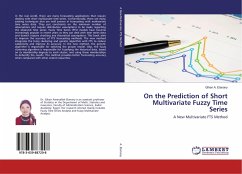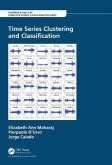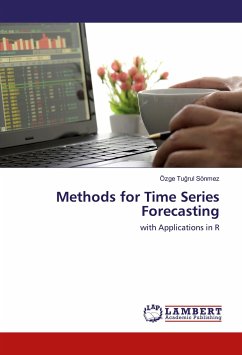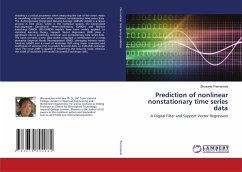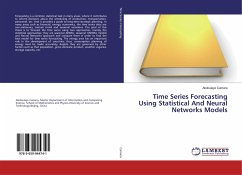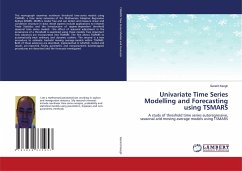In the real world, there are many forecasting applications that require dealing with short multivariate time series. Conventionally, there are many existing techniques that are well proven in forecasting with multivariate time series data. They put constraints on the minimum number of observations and require distribution assumptions to be made regarding the observed time series. Fuzzy Time Series (FTS) models have become increasingly popular in recent years as they can deal with time series data and doesn't require checking any theoretical assumptions. This book aims to improve the accuracy of FTS forecasting methods. The new method integrates the fuzzy clustering and genetic algorithm with FTS to reduce subjectivity and improve its accuracy. In the new method, the genetic algorithm is responsible for selecting the proper model. Also, the fuzzy clustering algorithm is responsible for fuzzifying the historical data, based on its membership degrees to each cluster, and using thesememberships to defuzzify the results. This method provides better forecasting accuracy when compared with other extant researches.
Bitte wählen Sie Ihr Anliegen aus.
Rechnungen
Retourenschein anfordern
Bestellstatus
Storno

